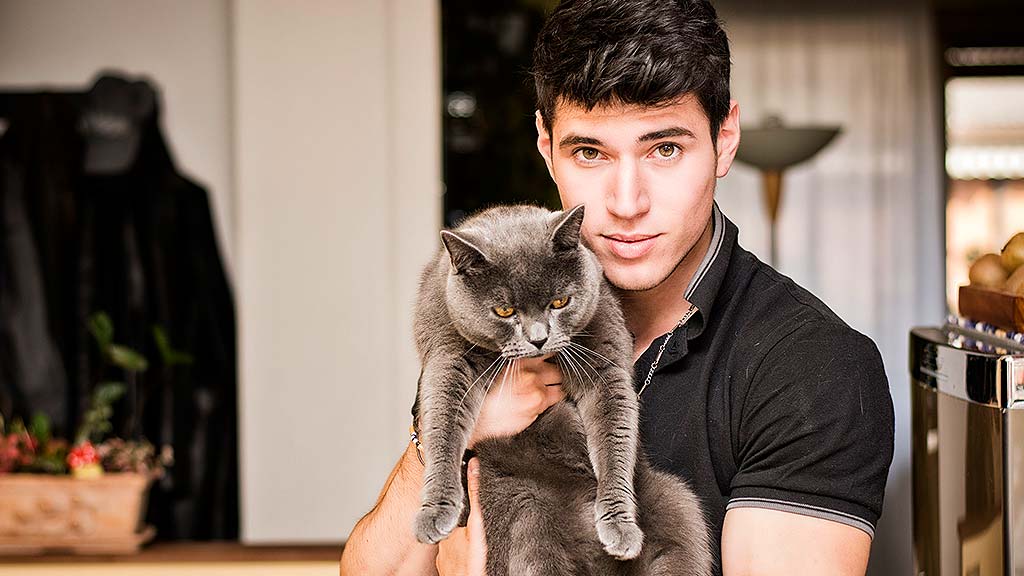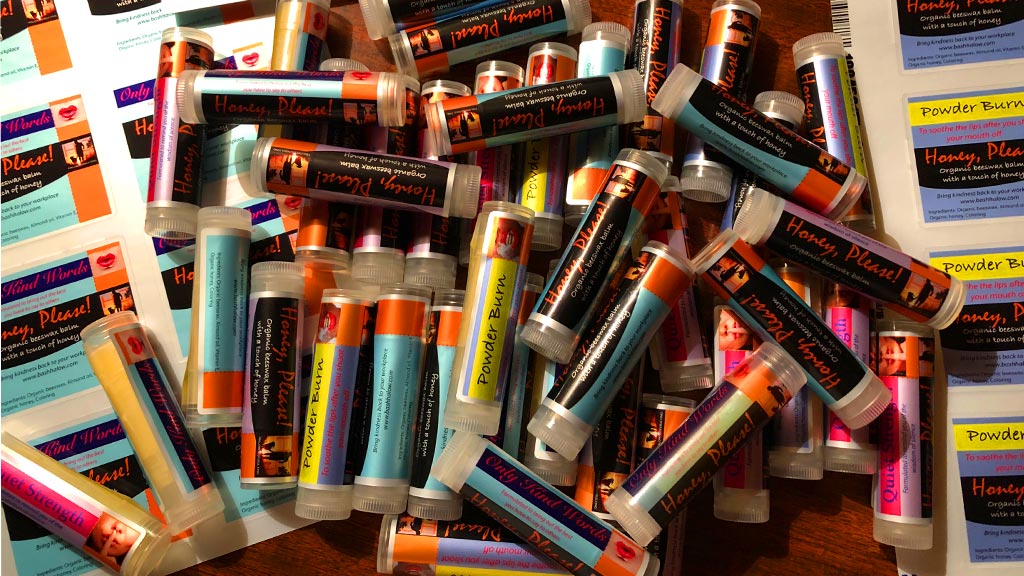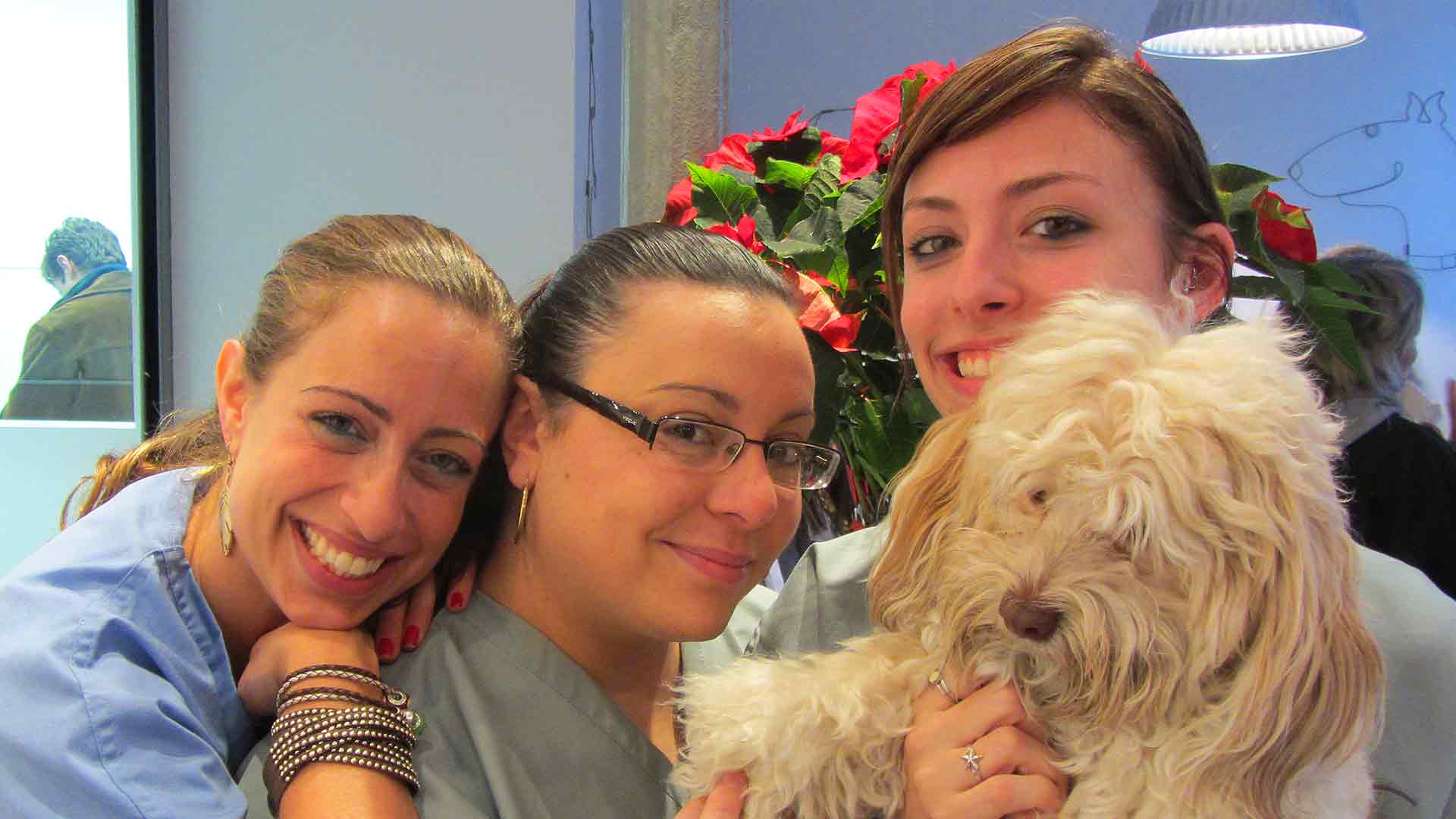Are Vaccine-centered Annual Visits Turning Off Young Clients?
A post-Covid world will usher in a new order of moneymakers; tech savvy, adaptive, workers between the ages of 25-34, many of who own pets and love them like family. But a number of statistics indicate that our vaccine-centric approach to annual care is likely out of step with what these young pet owners want. Vaccine titers as an annual service at your practice may be more in line with young people’s holistic notion of health and a way for you to shift the focus of the annual visit away from ‘shot’s towards a more appealing and competitive focus on patient wellbeing.
Millennials Outspend All Others When It Comes To Pets Except For Care
Between 1996 and 2018, U.S. pet expenditures increased more than threefold from $21 billion to $73 billion. Even the dot-com bubble and the Great Recession failed to slow pet spending, but growth has not been evenly divided between subsets of the pet care industry or those doing the spending. Millennials outshine all others in their willingness to spend money on pets. A 2019 pet industry study called them the most ‘engaged pet owners of any other demographic’. Forty percent have pet insurance and another 40% have at least one kind of pet-related subscription service. Only one spending habit of Millennials is out of step with their reputation as best pet parents: they tend to spend less in veterinary care than any of the other pet-owner age-groups.
What’s Behind Young People’s Deficit In Veterinary Spending?
It’s not a lack of money. Millennials often outspend other age demographics by double in non-veterinary, pet-related products and services. One answer may be that older people tend to own older pets and that these geriatric companion animals require more veterinary care. But a sufficient amount of data suggests that Millennials don’t spend at the vet office because they don’t believe in the value of what’s offered.
Turned Off By Vaccines?
According to a February 2019 article in the Sun, the UK has, “…seen a massive dip in the number of pets vaccinated in recent years”. The same is true here in the U.S. Some of this can be chalked up to the human anti-vaccination movement spilling over into veterinary medicine, but this is only part of the story.
Millennials Seek Pet Healthcare That Matches Their Own
Millennials may be drawn away from regimented, vaccine-centric, annual visits to health care options that mirror more of what they pursue for themselves. Having only had sporadic access to affordable healthcare over the years, young people have cobbled together their own approach to good health which includes trends in veganism; vegetarianism; cross fitness; health drinks like kefir, kombucha and coconut water; drinking-light; tobacco-less cigarettes; and trips to Dr. Google to sort out their various ailments. The highest sales growth in pet food has been for the wholesome and natural category. According to healthcareinfomatics, “Millennials believe in a more holistic approach to health” and a 2018 Forbes article titled the Biggest Trends In The Pet Industry said that Millennials are looking for more natural pathways to pet healthcare.
Pet owners that are circumspect about vaccines aren’t just crazy anti-vaxers that worry that your distemper shot will give their pet autism; they are people who have trended away from traditional healthcare practices, partially because they were alienated from it as patients themselves, and partially because alternative and holistic health is now a mainstream concept.
Younger Veterinary Team Members Resist Regimented Medical Protocols
Your young team members, like their counterparts in other fields, want to be fulfilled by their work. A 2016 study identified social consciousness, wanting to make a difference in the world, and a desire for autonomy in decision-making processes as important attributes of their ideal career. These young team members, like their client counterparts, are likely to resist regimented approaches to healthcare and prefer guidelines like those reaffirmed by AAHA in 2017 that endorse titers for core-vaccine diseases as an alternative to more traditional pathways to good health. It’s an added bonus that in offering titers, you encourage discussion and thoughtful evaluation of the patient and the client’s needs; the very thing that puts the focus on the medical consultation and underlines your expertise as your business’s competitive strength.
Retail Stores Will Struggle To Regain Foot Traffic Post-Covid
After more than a month of home confinement, your clients learned that they can enjoyably live, eat, work and shop without ever having to walk out of the front door. Online shopping has skyrocketed. Amazon announced that it couldn’t keep up with the demand. Brick and mortar stores will work hard post-crisis to regain foot traffic.
Tractor Supply and Wal-Mart, already offering low-cost vaccination services as a way to drive buyers to their locations, may double down. Low-cost vaccine services capitalize on clients’ perception that the reason for an annual veterinary visit is the ‘shot’, not the examination and consultation. In response, veterinary practice teams have two choices: price match and continue to put the stress on the vaccine or retool their image as providers of personalized well care for dogs and cats specific to the needs of both.
Affordability No Longer A Hurdle
In the past, vaccine titers have been prohibitively expensive for some pet owners, but new in-house titer tests like VacciCheck keep costs down without compromising on quality. These tests can be performed during the patient visit similar to the way we currently complete testing for tick-borne or heartworm disease. Depending on your pricing strategy, VacciCheck in-house tests can provide double the gross profit over their vaccine counterparts. They give today’s clients want they want, underline your team’s sense of value, and keep your practice competitive.
Our post-Covid world will come with seismic changes. The age demographic that may be most capable of adapting and emerging as the major breadwinners in the new economy could also be your dream client: the Millennial. These people own pets, love them like family, and have a proven track record of spending money to give them the best. Let’s make sure we’re ready to meet them on the other side of this crisis with a business model that’s in line with their beliefs and their interests.
1 Hour Continuing Education Credit
Dr. Albert Ahn, formerly of Tufts University, and Bash Halow, CVPM, LVT, discuss the value of regularly offering titers to your clients as way to stay competitive and to zero in on the specific interests of your clients. The webinar lasts 1 hour and is on demand. Use this link to submit your name and contact information to schedule a viewing of the program. The program has been approved for 1 hour of continuing education credit in jurisdictions that recognize RACE approval.
Additional Reading
New To Halow Consulting?
Let’s Get Started









